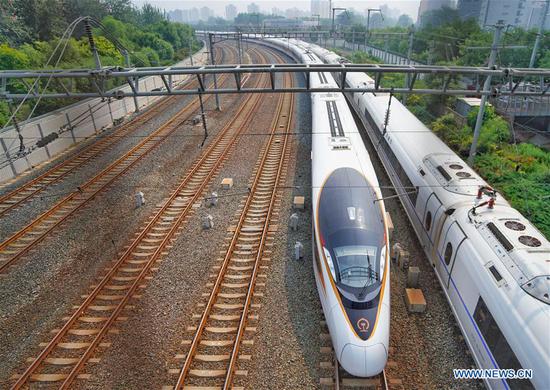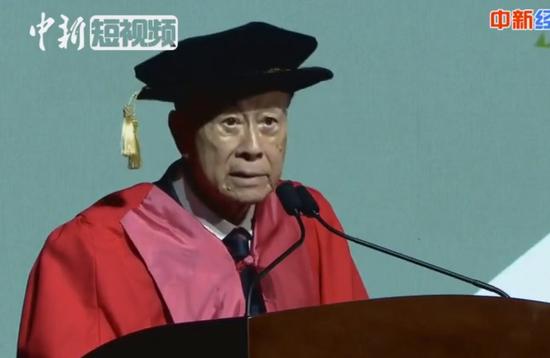Rural families are now utilizing the internet much more than 10 years before, according to a report on the application of internet released by the Shanghai University of Finance and Economics on June 28.
The report, which is the first of its kind in China, shows over 44 percent of the respondents from rural communities have computers at home, a stark contrast to 2013 when the percentage was less than 20.
About 62.2 percent of rural households surveyed are using home networking, a rise of more than 40 percent from 2013. Meanwhile, 88.4 percent of the surveyed villages in rural regions have access to 4G wireless internet connection.
The data illustrates that the use of mobile phones in the countryside far exceeds that of landline telephones, which was once considered the basic communication tool for rural residents. Only around 29.2 percent of families are still using landline telephones at home, while over 92.9 percent own mobile phones.
The report also shows that 72 percent of the respondents pay between 10 and 100 yuan per month for their mobile phone bills. Most respondents pointed out that data fees account for a large part of their mobile phone charges.
“Due to the popularity of smartphones, mobile internet applications have become an essential part of farmers’ lives and work,” said Yue Jinfeng, head of the school of information management and engineering.
“Strengthening the construction of rural internet infrastructure and its application can effectively reduce the gap between urban and rural regions and is of great significance to the digitization of rural communities.”
The findings of the report is based on a 10-year-long survey on agriculture, rural areas and farmers. It was conducted by 17,000 students, most of whom are undergraduates at Shanghai University of Finance and Economics, and over 80 experts at the university’s school of information management and engineering.
Students and experts carried out field investigations on nearly 121,000 rural families in over 9,202 villages in 32 provinces in China, including Shanghai, Hong Kong, Liaoning and Sichuan province.
This is the first time a research report regarding Internet plus and rural vitalization is published by a university in the country. Its release comes on the back of President Xi Jinping’s proposed vitalization strategy for rural parts of China in the 19th CPC National Congress report last year.
“The project acts as a social practice platform for undergraduates and teachers at our university, and offers valuable in-depth data of China’s rural area for future study,” said Huang Hailiang, vice president of the school.
The data also reveals that almost 96 percent of the respondents use the internet for social networking on apps such as QQ and WeChat, while more than 50 percent of the respondents use it to find information on films, news, shopping and music.
Despite the widespread use of the internet in rural areas, online expenditure from these communities is relatively low, said Huang. For example, online shopping accounts for less than 30 percent of the total daily consumption for nearly 50 percent of the respondents. Farmers were found to purchase mainly cheap clothing and food.
Researchers also investigated the popularity of inclusive finance - banking products and financial services catered to poor populations – and found that 81 percent of respondent have used such services. For rural residents, payment apps like Alipay and WeChat payment are the only financial apps they know of.
About 33 percent of the respondents said that they viewed online financial services as insecure.
“The popularization of the internet in China’s rural areas is improving rapidly, but farmers are still not familiar enough with the application of the internet in life, with some still fearing that the technology will bring about negative consequences,” said Tian Bo, associate professor at the school of information management and engineering.
“We suggest leaders at local governments provide effective guidance and education to people living in rural areas to promote social and economic development in such regions.”


















































